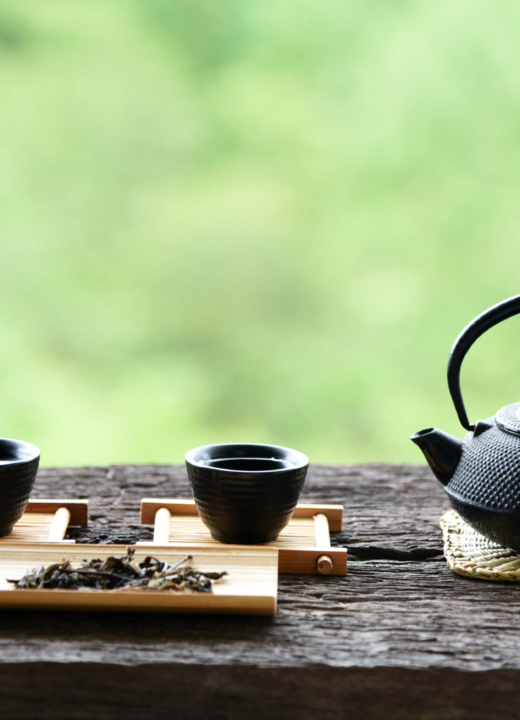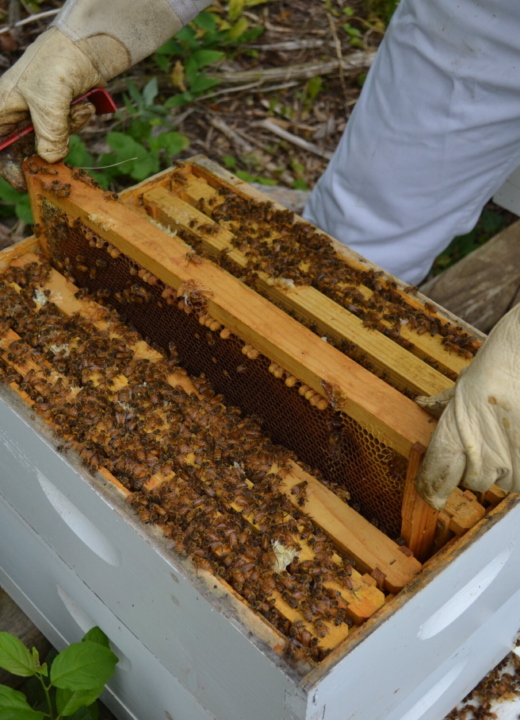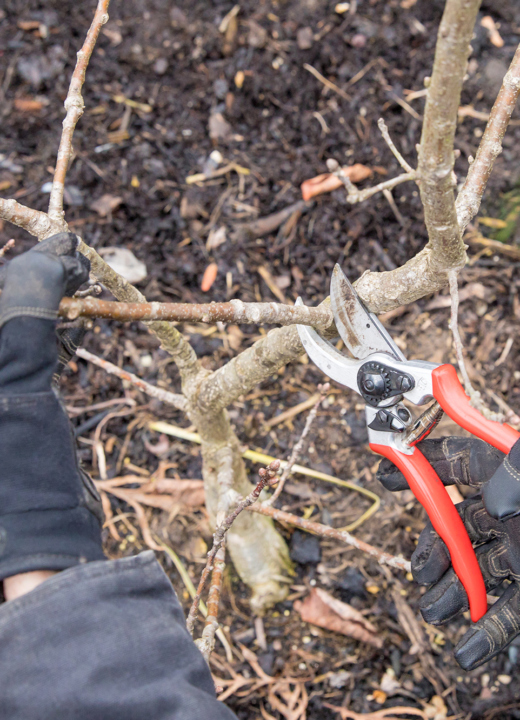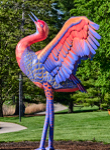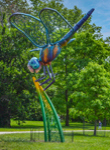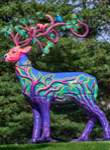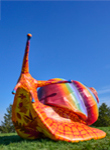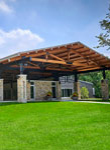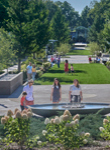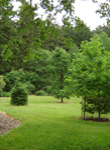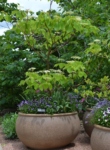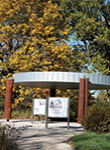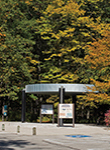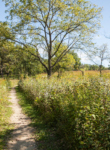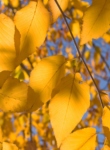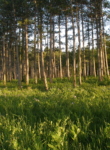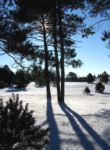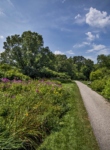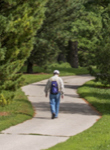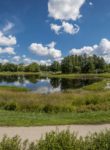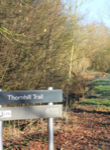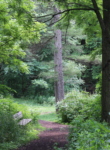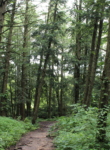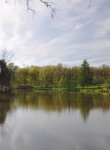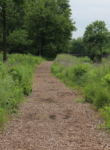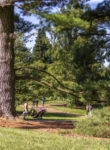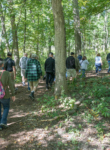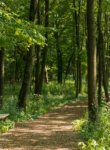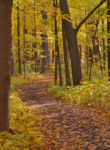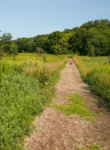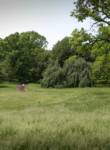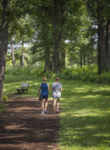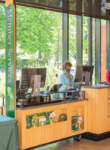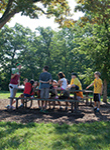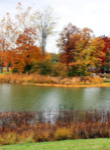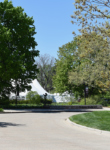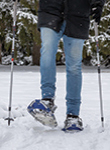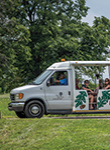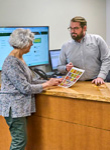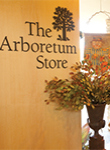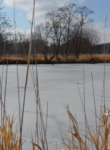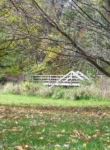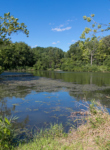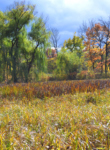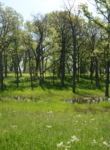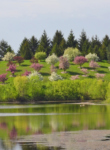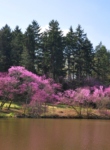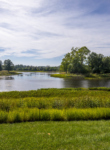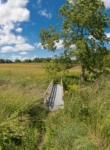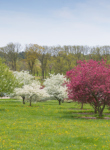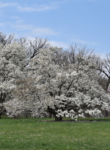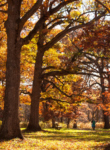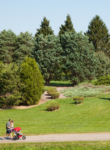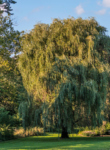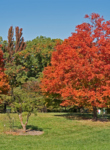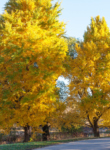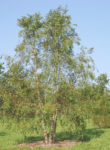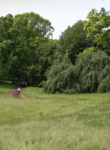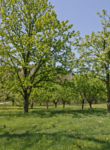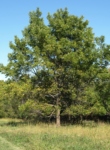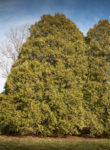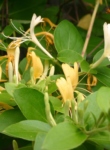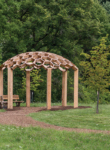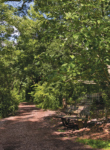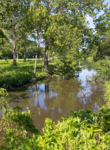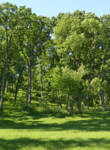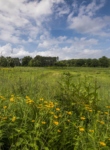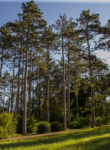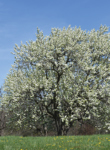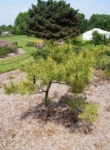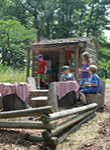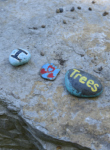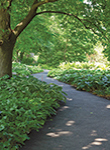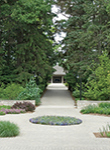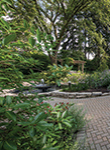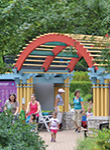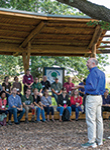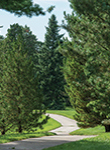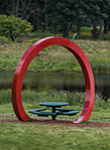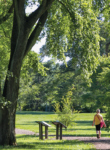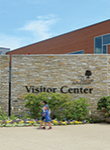Consider environmental stewardship from Indigenous perspectives, and learn to apply the principles of Indigenous science to conservation and land management efforts. This recorded webinar series explores how science, language, and maps shape our understanding of land and our relationship to it.
Over the course of three sessions, participants will
- learn the principles of Indigenous science,
- examine language and cultural bias in science, and
- explore Indigenous perspectives on conservation and land management.
Build a framework for understanding the relationship between humans and nature, long understood by Indigenous peoples, and provide ways to apply this understanding to the way you work, recreate, and relate to the natural world.
Session 1: The Basics of Indigenous and Western Science
Session 2: The Language of Science
Session 3: Rethinking Our Relationship with Land Management
This program is online and self-guided. See What to Know for details.
Instructors: Billie Warren, founder, Jibek Mbwakawen; Kaya DeerInWater, community garden manager, Citizen Band Potawatomi; Franklin Barker, language coordinator, Gun Lake Tribe; Gabrielle VanSteenberg, geographer
Age: 18 and older
Course number: N112-OD
Instructors
Kaya DeerInWater, community garden manager, Citizen Band Potawatomi
Kaya DeerInWater is from the Citizen Band of Potawatomi and lives in Shawnee, Oklahoma, with his wife and three children. He is currently pursuing his master’s degree in biocultural restoration at SUNY–ESF in Syracuse, New York. He received his undergraduate degree from the University of California–Davis in ecological restoration and management. He also works as the community garden manager for his nation, where he focuses on growing both traditional and nontraditional crops and leads workshops around building relationships with plants and the land through Indigenous foods, crafts, and medicines. His research interests center around how traditional knowledge contributes to resilience in a changing world. He hopes it can inform adaptive revitalization efforts to heal people and their connection to the land simultaneously.
Franklin Barker, language coordinator, Gun Lake Tribe
Franklin Barker is the language coordinator for the Gun Lake Tribe, a retired public school teacher, and amateur linguist. He has been a life-long student of how a culture’s language reflects its values, beliefs, and psychology. He has a bachelor’s degree from Western Michigan University and a master’s degree from Michigan State University.
Gabrielle VanSteenberg, geographer
Gabrielle VanSteenberg holds undergraduate degrees in geography and Indigenous Nations studies from Portland State University, with a particular interest in the intersection of climate change, ethnobotany, and Indigenous sovereignty. She is committed to making and maintaining urban spaces as places where Indigenous people thrive, and has helped complete gardening and landscaping projects with Portland State University, local tribes, and the city of Portland.
Billie Warren, founder, Jibek Mbwakawen
Billie Warren is a citizen of the Pokagon Band of Potawatomi and is Bear Clan. Warren has been an educator, environmentalist, humanitarian, and beadwork artist for more than twenty years. Recognizing the urgency of climate change, she founded the nonprofit organization Jibek Mbwakawen Inc., which aims to improve the environment by connecting people to the land from an Indigenous perspective. She holds a BA degree from Indiana University Northwest and is currently pursuing a graduate degree.
What to Know
This class is held entirely online and is available within one hour of registration. In this online class, the self-guided material can be completed anytime, wherever you have access to a computer, at your own pace.
Requirements
Participants must have access to the internet and know how to use a web browser (ex: Chrome, Safari, Internet Explorer).
Participants must know how to send and receive email.
A unique email address for each participant is required at registration.
How Self-Paced Online Classes Work
Registrants will receive an email with instructions for accessing TreeLearning, the Arboretum’s online learning portal. To access the class, log into TreeLearning.
The course length is four hours and 20 minutes. The course does not need to be completed in one sitting.
An instructor will not be online with you.
Registrants have access to the course for 60 days and can complete the materials anytime within
Program Schedule
Access self-paced materials online within one hour of registration. Available for 60 days.

